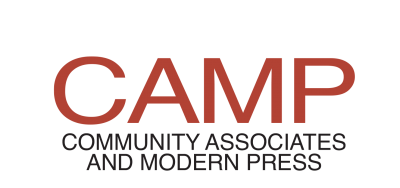Shoreline Recovery Center and Park Mental Health Staff Teach Male Clients Self-Awareness to Gain Insight Into Their Addiction, Recovery

SAN DIEGO, August 9, 2023 (Newswire.com) - Before getting to rehab, the level of self-awareness and insight into a person's addiction varies based on a combination of factors. This includes the person's substance-use history, related personal consequences, and mental health diagnosis, according to Park Mental Health Program Director Mikayla Weathers.
"There's an increase in denial when a client struggles with a thought disorder as they may not be in full touch with reality, which diminishes their ability to have insight until they are properly medicated and stabilized," she said.
While battling addiction, many patients are also battling mental illnesses. In fact, Weathers said, most people use substances as a way to cope with an underlying struggle including anxiety, depression, trauma, loneliness, auditory hallucinations, bipolar symptoms, and many other factors. Depression specifically is referred to as an invisible condition because its effects can go unnoticed, leading to profound suffering and death by those battling it.
"Similar to depression, addiction is isolating and can take everything away from someone, leaving them lonely and hopeless," Weathers said. "Depression is part of post-acute withdrawal symptoms, so as a person begins to 'come down' from a high, they often feel every symptom of depression, which leads them to using again as a way to avoid it."
What many consider to be recreational drug use still has negative consequences on a person's behavior and their overall health. "For those who have had multiple overdoses due to opioid addiction, there's been a sense of desensitization and almost an acceptance of overdose," Weathers said. "For those who don't understand addiction, a huge misconception is 'it won't happen to me.'"
However, with the ongoing opioid epidemic and fentanyl overdoses in the U.S., there is no longer the widespread belief that "experimenting with drugs" is a benign activity. That's because people who aren't addicted to drugs — individuals trying it for the first time or as casual users — are also overdosing.
To that end, Park Mental Health and Shoreline Recovery Center work hard to break the stigma by normalizing the struggle. In order to help patients become more aware of their disease, themselves and their ability to recover, its staff has created an internal curriculum that focuses on all facets of recovery, including addiction and mental health.
"Using this, clients can receive a well-rounded approach to psychology and are challenged to look inward so they can relate to topics offered throughout treatment," Weathers said. "For example, as an all-men's facility, staff works hard to acknowledge and challenge gender norms as it relates to males and the gender role of 'having to be tough' or 'not show emotion,' as research has shown this keeps men suffering in silence."
Clients are also invited to participate in psycho-educational groups while learning from personal experiences, which encourages them to become invested in their lived experience as far as investing in their own recovery.
Source: Shoreline Recovery Center
